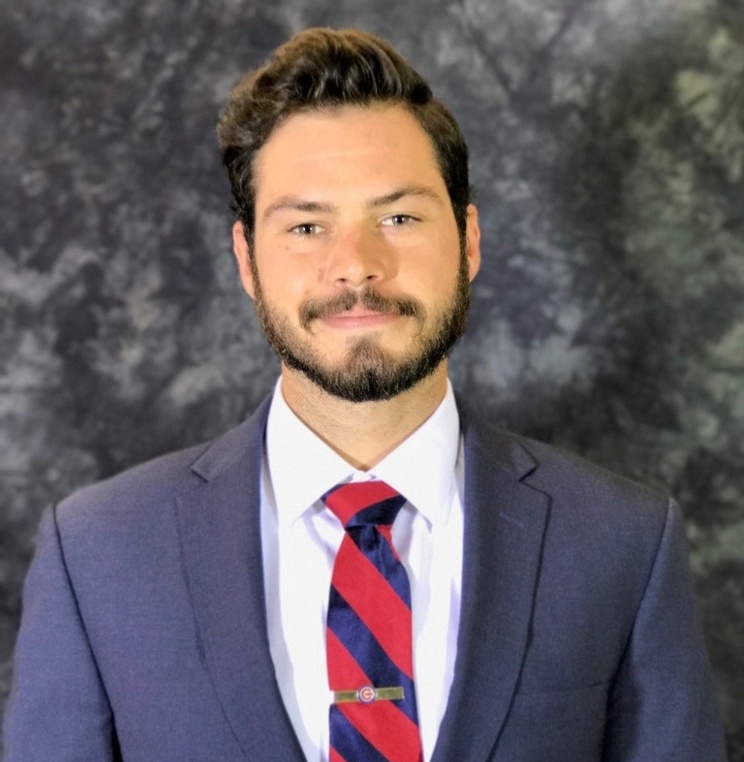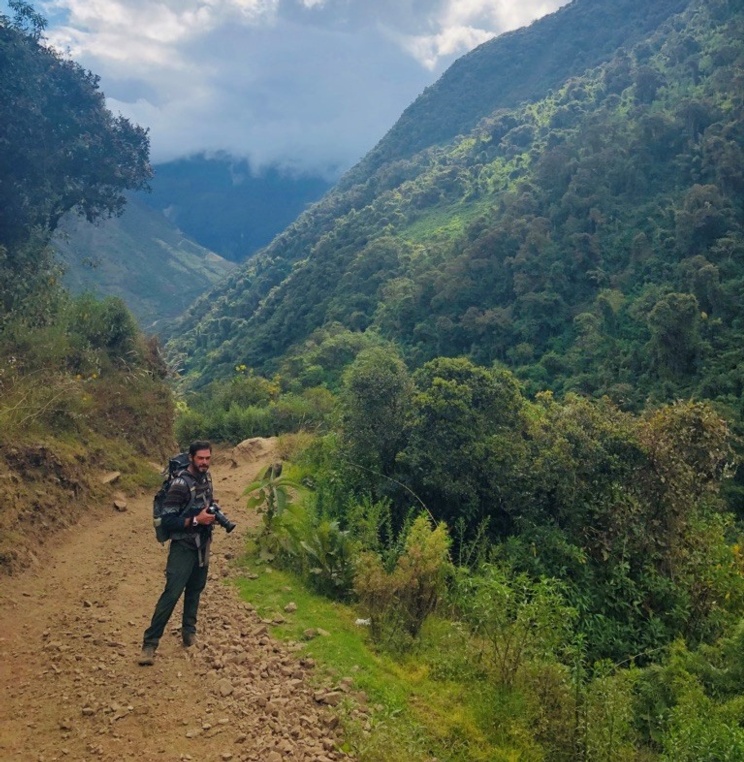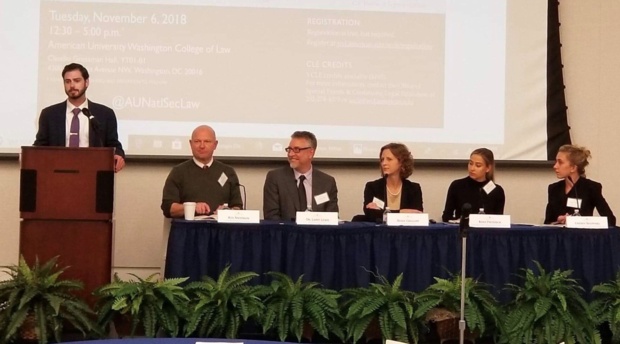Graduate Spotlight: Frank Waliczek
April 24, 2020

Frank Waliczek always wanted to attend law school, but the 3L student wasn’t interested in “following the traditional route.”
“After spending some time working with wildlife in South Africa, I knew I wanted to use my future law degree to protect our planet’s wildlife, their habitats, and the people that depend on them,” Waliczek said.
As editor-in-chief of American University International Law Review, as well as co-president of the WCL Environmental Law Society and Animal Law Society, Waliczek has spent his time at AUWCL championing such causes. We talked to Waliczek about these roles, his favorite AUWCL experience, and the professors that have helped pave the path for a future in environmental law.
Why did you choose AUWCL?
I chose AUWCL because of its top-ranked International & Comparative Law programs and for the brilliant professors leading its Program on Environmental & Energy Law. I also wanted to round out my education by attending school in DC, as I had completed my previous education at institutions in Illinois, Texas, and California. We all live in bubbles that shape our perspectives, and I’ve always made it a goal of mine to be “comfortable being uncomfortable,” which often requires forcing myself out of whatever bubble I may be living in. Attending law school in DC allowed me to once again reshape how I perceived the problems confronting our planet, and provided me with a plethora of opportunities to challenge my past and present thought.
Why did you decide to get involved with the International Law Review? How do you serve as editor of the publication?
I was initially selected to join the AU International Law Review (AUILR) during the write-on competition in the Spring semester of my 1L year, after having ranked it as my top-choice because of its wide recognition and phenomenal culture. I wanted to get involved with a journal because I desperately missed working with a team, and I thoroughly enjoyed writing and learning about matters of international law and policy.

After working as a junior staffer for AUILR throughout my 2L year, I was elected to lead 58 of the greatest international law students out there as the editor-in-chief of Volume 35. It was an absolute privilege to lead AUILR, but none of it would have been possible without Deepa Singh and our “Dream Team” E-Board, our committed junior staffers, and our dedicated board of faculty advisors, who were just as devoted to producing a quality publication as they were to helping cultivate a great culture.
You are also involved with the Environmental Law Society and Animal Law Society. How does your interest in international law overlap with environmental and animal law?
This year, alongside the phenomenal Brianna DelDuca, I had the great pleasure of serving as co-president of both the Environmental Law Society (ELS) and the Animal Law Society (ALS), while also working as an editor-at-large for the National Security Law Brief (NSLB). Through my work with these groups, I was able to combine my passion for wildlife conservation, national security, and international law in countless ways.
After graduating I hope to practice international environmental law with a focus on the wildlife trade and its threat to national security. The importance of a well-regulated international wildlife trade – the 4th largest black market in the world below drugs, guns, and humans – has never been more obvious, as COVID-19 is believed to have originated as a zoonotic outbreak in horrifically-regulated wildlife markets.

What was one of your favorite AUWCL experiences?
Aside from all of my amazing classmates, my favorite experience as a law student was being able to represent AUWCL at the 18th meeting of the Conference of the Parties (CoP18) to the Convention on International Trade of Endangered Species (CITES) in Geneva, Switzerland (which had originally been scheduled to occur in Sri Lanka but was relocated after the 2019 Easter Bombings). I had the great fortune of learning hands-on how international treaties are negotiated, and I was able to lobby diplomats, befriend world leaders, and network with everyone I hope to work with in the future.
What experiences inside or outside of the classroom have helped you on your path toward your career goals?
During my time at AUWCL, I had the great privilege to learn from and work with professors and practitioners who have dedicated their careers to the protection of our planet and its wildlife. In particular, I truly found two great mentors in Professor David Hunter and Professor William Snape.
In addition to my coursework and research, my work as a Legal Intern for the National Geographic Society, a Special Projects Intern for the Humane Society International, and an International Law Clerk for the Defenders of Wildlife were invaluable to my development as a conservation lawyer. While I am still exploring other opportunities, I have secured a position with a boutique law firm in DC that specializes in African investment projects, international civil service and federal employment, and World Bank matters. I hope to one day represent the United States in an official capacity, or to run my own organization.